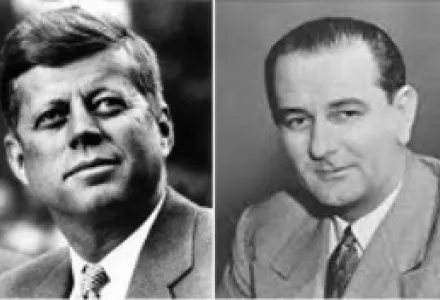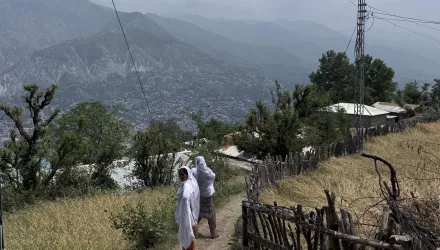Nuclear Proliferation, Preventive War, and a Leader's Decision to Intervene
Under what conditions do states seriously consider and use preventive military force as a counter proliferation strategy against adversarial nuclear weapons programs? In this seminar, Ms. Whitlark will utilize the comparative case study method and conducts archival research and process tracing into six cases of American and Israeli counter-proliferation decision-making. She will argue that it is the pre-presidential or pre-prime ministerial beliefs of executives, specifically their beliefs about the general consequences of nuclear proliferation and the ability to deter the particular proliferator in question, that determine a leader’s likely counter-proliferation behavior once in office.
Coffee and tea provided. Please join us - Everyone is welcome, but admittance will be on a first come–first served basis.


